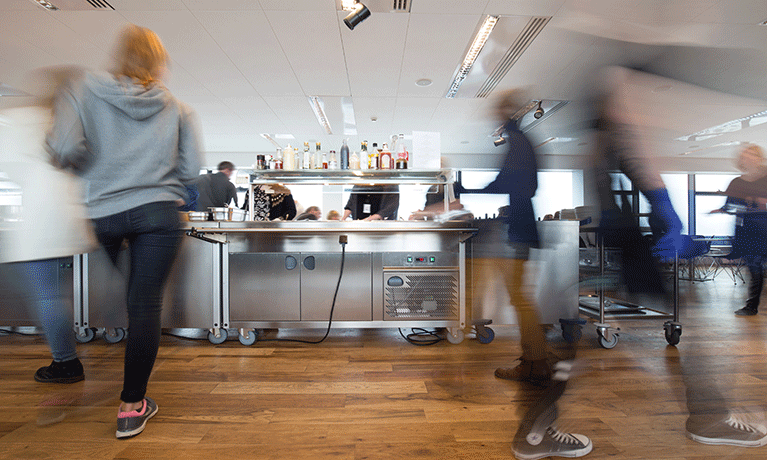By Dr Alun DeWinter
In this blog, Dr Alun DeWinter (a Research Fellow from Coventry University’s Centre for Global Learning) provides a reflection on the impact of Covid-19 on teaching and education practices during 2020, with consideration of how we can use the global pandemic as a catalyst for systemic change.
2020 was an incredibly challenging year for all, with Covid-19 having far-reaching impact across all areas of society.
Although there are strong glimmers of hope with the development of a number of vaccinations, recovery for humanity across the globe will require many years of patience, adjustment and reflection, and ways of life may never truly return to what we previously considered as ‘normal’.
Education remains an integrally important element of local and global society, but it has become highly apparent that new approaches to teaching and learning are needed in order to keep education both accessible and meaningful, going forward.
In order for education to recover in a post-pandemic world, we need to revitalise education through innovation and we must question whether our existing educational structures are truly fit for the next generation. As educators, we need to challenge the old adage of ‘business as usual’, reflect on and deconstruct previous practice, and redefine what ‘normal’ looks like.
From a UK perspective, this ‘business as usual’ attitude to education during the pandemic has been highly problematic. With schools and universities attempting to remain as open as possible to provide face-to-face teaching for two of the three national lockdowns, the move to shut institutions was only made during the most recent third lockdown. Questions around the public health and risks of transmission through keeping classrooms open aside, the traditional face-to-face, classroom-based approach to teaching and learning – followed by written examinations at the end of the academic year – has been proven ineffective and difficult to manage during these times of societal crisis.
Online learning has largely become commonplace for education in the UK which, from the perspective of a relative bystander, appears to be working as a stopgap measure.
Students are perceived to still be able to access teachers and educational content through the use of online technologies, and the media has been abuzz with stories of people using devices such as smart TVs, tablets, mobile phones and videogames consoles as avenues for education.
Although the use of the online spaces appear to offer some ‘quick and easy’ solutions to the question of education, the realities of online learning reveal some uncomfortable structural inequalities. These inequalities further ignite some of the wider debates raised throughout 2020, particularly in terms of Eurocentric practices, decolonisation and ensuring education is accessible and fit for purpose for all. Indeed, although online learning offers fantastic opportunities for those who can afford access to technology and data and are able to work and study in remote locations, without change, we risk excluding many.
If we are truly committed to education, we must also be committed to equality of access and the decolonisation of education in order to suit the needs of the many, and not just the few. The aftermath of Covid-19 offers us an opportunity to take stock of the current landscape and to listen to those who are affected by the structural inequalities inherent to our system. This will require considerable effort, and a re-evaluation of how students and tutors interact and how affordable technologies can be harnessed without creating further inequality in an already unequal system.
As part of this journey, we do need to look beyond our Eurocentric ‘bubble’ and examine teaching and learning approaches across the globe in order to revitalise education and to ensure that it is fit for purpose for future generations of young people.
As part of my research into the internationalisation of education, I am fortunate enough to work with educators from around the globe and to examine new and exciting ways of educating people. There is so much to learn from others and other education systems and it is in this space I see much hope and real progress for the future.
The iKudu project, for example, is working towards decolonised, Africanised ways of learning in an online space, and there are so many more examples of real innovation around inclusive, accessible learning.
The post-pandemic world needs more such examples to be shared and learned from so that real systemic change can be seen, particularly in the UK. It is only through working and learning in true partnership with others that education can be meaningfully revitalised, making it both relevant and accessible to ‘the Covid generation’ and beyond.




Comments are disabled